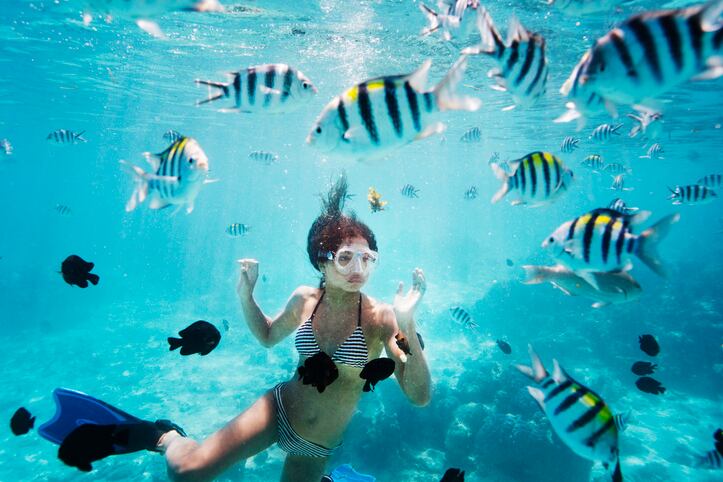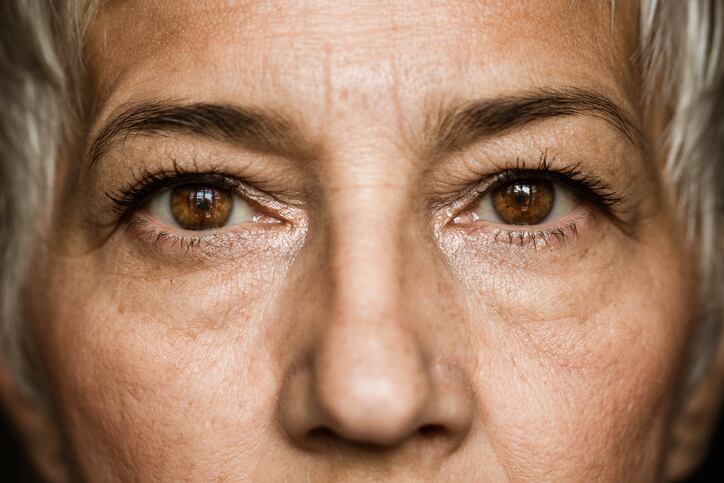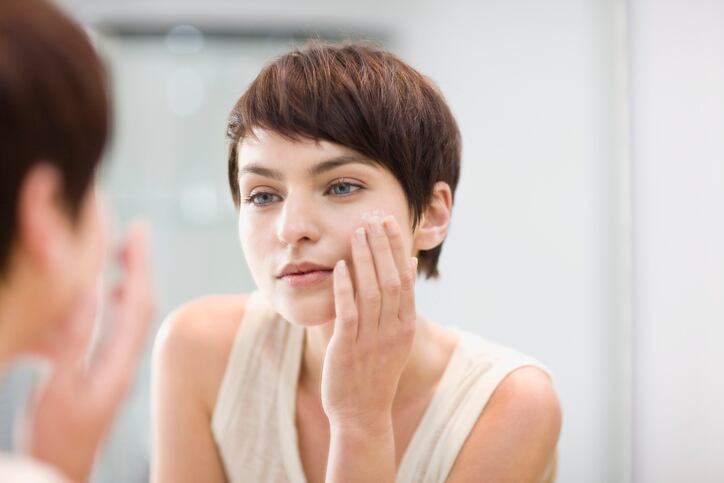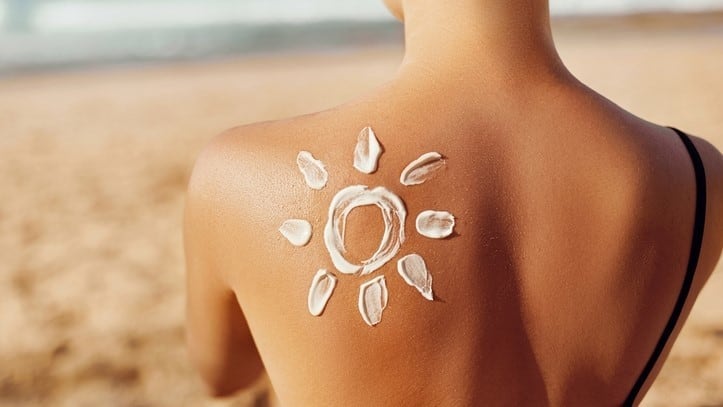Plant-based and vegan beauty had been building for some time now, as a wider shift away from animal-origin ingredients continued worldwide. And for beauty, this had taken off in two directions: companies working with natural plant-based ingredients and others opting for lab-based via biotechnology – the exploitation of biological processes to create ingredients.
The biotech beauty boom on the horizon?
Biotech had certainly gained traction across beauty in recent years, with companies citing sustainability, safety, quality and efficacy as key reasons to transition to lab-based.
In fragrances, a number of industry experts nodded to a future where biotech would take centre stage in the creation and development of innovative scents. And researchers believed it would be white biotechnology – a branch of biotechnology devoted to use of living microorganisms and enzymes to synthesise products that were easily degradable, required less energy and created less waste – set to take the lead in perfumery.
Last year, Dr Fred Zülli, founder of Swiss cosmetics supplier Mibelle Biochemistry, said biotech innovation was certainly the direction the entire beauty industry had to head in, given biomimicry offered so many opportunities as technologies and capabilities continued to advance.
Mathias Fleury, head of actives at fellow Swiss cosmetics supplier Givaudan Active Beauty, agreed and said beauty was entering an exciting era of biotech because the next three to five years remained a “complete open environment”.
From chemistry-first to biology-first beauty
Jasmina Aganovic, CEO of US-based biology startup Arcaea, agreed entirely in a biotech future for beauty.
Speaking back in November 2022 at an independently organised TEDx Talks event on Planetary Stewardship in Boston, Aganovic said industry had to shift from chemistry to biology.
“We are biological creatures and yet we are using chemistry as our singular tool. And, ironically, chemistry to control the things that come to us naturally,” she told attendees.
Hair care was one example, she said, where products largely included chemistry-based cleaning and straightening formulas and heat-based styling tools.
“The entire underlying science of hair care is surface chemistry; effectively, how do we coat our hair fibres to make them feel a certain way or do the things that we want? But we leave the biology, the actual proteins within the fibre, alone.”
Today’s formulations in hair care, she said, tended not to be the best for consumers or the environment, with styling also “damaging”, “heat intensive” and not entirely necessary. Instead, industry could potentially draw inspiration from nature and turn to biotechnology to investigate concepts like “hair memory”, ultimately building blocks of protein in a way that challenged the basic premise of washing and styling hair in the first place, she said.
Hair care was a category Arcaea was currently focused on via its strategic investment and partnership with Olaplex, signed back in 2021. The company also had backing from beauty major Chanel and supply giant Givaudan, among others.
Decoding DNA to ditch ‘extractive relationship’ with nature
Aganovic said that, for decades, how biology truly worked remained unknown and it was only with the development of tools to break down the functions of biology that opportunities came about, she said.
“The human genome was sequenced and suddenly the ability to read DNA opened the door for us to understand nature in a very different way,” she said. “Understanding how DNA encodes something, anything, whether that is the scent of a rose or insulin or palm oil, it was like reading instructions and suddenly we were given the option to maybe take those instructions and have something else make them, so that we didn’t have to extract them from nature.”
“The implications of this are quite massive. It potentially means moving away from large-scale, energy-intensive industrial harvesting to microbes, microbial factories and fermentation to make those same things,” she said.
Taking the example of “the most popular fragrance on the planet” – rose – where an estimated 200,000 petals were needed for just a few millilitres of rose oil, it raised important questions for beauty, Aganovic said.
“This is just the reality of plant-based sourcing. And the truth is that this earth could not grow enough plants to sustain this industry [beauty]. It leads to the logical question of whether or not this extractive relationship that we have with nature is really the tool that we want to carry us into the future.”
Biotech had already transformed plenty of other industries, she said, providing entirely “new tools” and custom organisms for innovation and development across a range of products. Cultured ingredients, programmed cells and optimised processes like DNA sequencing and fermentation had all being achieved via smart biotechnologies, she said, across food and pharmaceuticals at scale, so why not beauty too?
Biology will ‘transform’ all beauty categories
“Today, I run a company called Arcaea (…) We call ourselves a biology-first beauty company. We are taking all these tools and we are pointing them directly at the beauty industry,” she said.
“…Biology will transform every single product category,” she said, from hair care through to sun care and beyond.
Taking sun care as another example, she said with biotechnology industry could look to marine life for inspiration. “Marine life has phenomenal capabilities to protect itself from UV radiation. Fish, after all, do not get sunburned. Could this be an entryway into sun care that we love to use, that’s also sustainable and not extractive? It could mean better compliance of products and lower rates of skin cancer,” she said.
“The way I see it, biology as technology just opened up the entire tree of life, ethically and sustainably.”
But Aganovic said it wasn’t just the sustainability angle that made biotech so exciting, it was its “ability to tap into sophistication and performance” that had not yet been seen. It was also about “better safety and better purity” of final products and developing “new product categories we haven’t yet been able to imagine”.
“…I think, as an engineer, I understand the transformational power that comes with new tools. Biology is a new tool. What’s amazing about biology is it is also (…) inherently individual. At Arcaea, we talk about beauty through the lens of expressive biology – something that comes from us, rather than being dictated to us. And so, I wonder, can biology reframe our relationship with beauty? Could it perhaps even bring beauty back to nature?”




